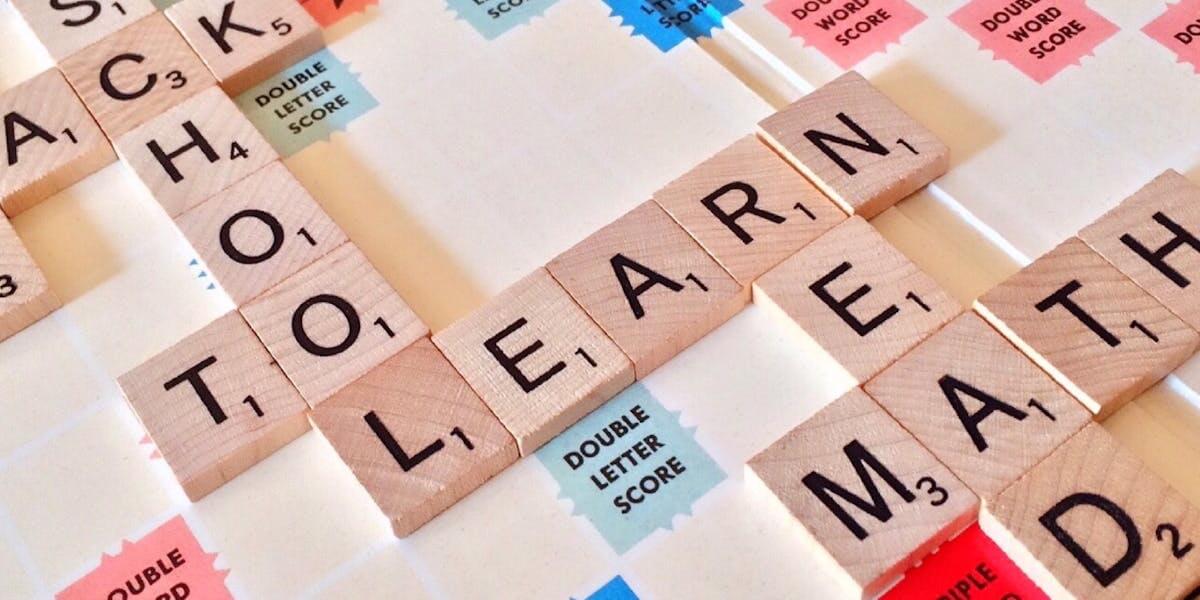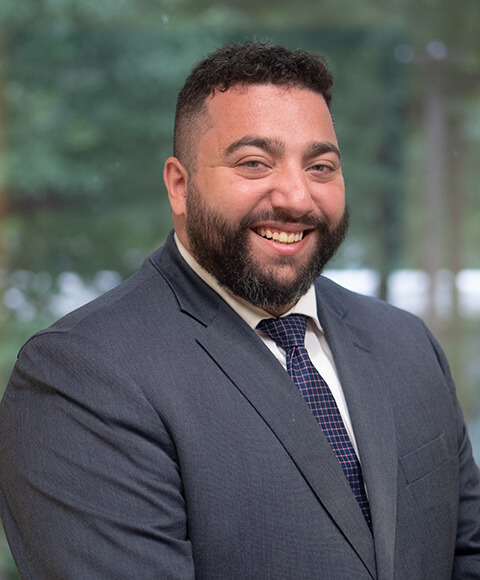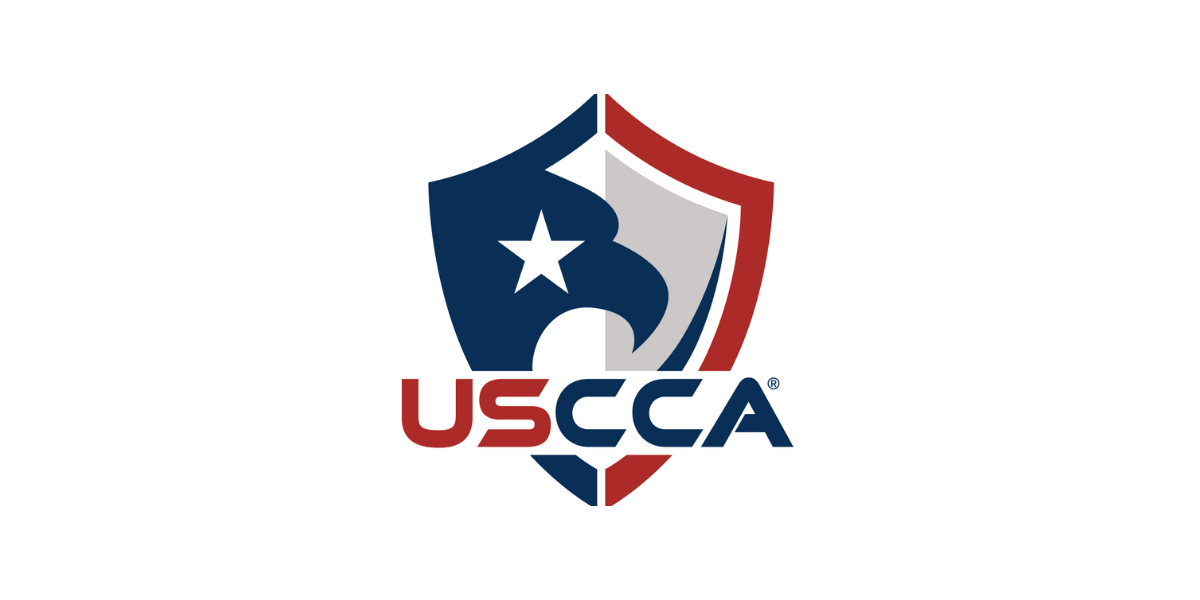An Individualized Education Program (IEP) is the cornerstone of what services and goals are to be provided to a student with a disability. IEPs are a living and breathing document and are meant to be updated as a child’s unique needs change.
To obtain an IEP for a student, a Committee on Special Education (CSE) meeting must take place. Under the Individuals with Disabilities Education Act (IDEA), specific participants are required to attend these meetings to ensure that the IEP developed for the student is data-driven, collaborative, and mandates interventions and programs to address the student’s unique needs.
Specifically, 20 U.S.C. Section 1414(d)(1)(B) outlines who the required participants are and what their roles are at the IEP meeting.
These participants include:
Ready to book your consultation? Click below to pay our consultation fee and book your meeting with an attorney today!
Parents and Guardians of the Student
Parents and guardians have the right to be active participants in the development of the student’s IEP. As the student’s primary advocates in life, the parents and guardians of a student are irreplaceable members of the IEP team. Parents and guardians know their children best and provide valuable insight into their strengths, weaknesses, areas of need, preferences, and so much more.
A Regular Education Teacher
Under the IDEA, if a student is, or may be, participating in the regular education environment, at least one regular education teacher is required to be present at the IEP meeting. The regular education teacher is there to ensure that the recommendations on the student’s IEP align with the general education curriculum and that the services to be provided to the student can be done so in the general education setting. However, if general education is not being considered for the student, a general education teacher may not be required to attend the IEP meeting.
A Special Education Teacher
Given the specialized nature of the student’s program and the services to be recommended, at least one special education teacher is required to be present at the IEP meeting. A qualified and certified special education teacher can ensure that the student’s services, interventions, and accommodations are tailored to meet the student’s unique needs. A special education teacher can provide input on what interventions may or may not work and provide vital information on whether the recommended program can be implemented in the special education classroom.
A Representative of the Local Educational Agency
This participant has many roles in the function of an IEP meeting. First, the representative facilitates the meeting and ensures that all required components of the student’s IEP are discussed in depth by all participants at the IEP meeting. Once all participants have discussed the student’s abilities, data, and possible interventions, the representative drafts an IEP for review.
To become a representative of the local educational agency, the representative must be qualified to provide or supervise specialized instruction for students. Additionally, the representative must be knowledgeable about the general education curriculum and the resources available to the school district or local educational agency to make informed decisions about the student’s program and maintain alignment with the school district’s policies and resource allocation.
An Individual who can Interpret Evaluation Results
This participant must be qualified to interpret evaluation data and explain the assessment’s findings, as well as the instructional implications of those findings. This participant is qualified to make determinations on whether the recommended program is appropriate for the student and can help facilitate informed decision-making regarding how the student’s program should be structured. This participant may already be a member of the IEP team, as the regular education teacher, special education teacher, and local educational agency representative may all be qualified to perform this task.
Other Individuals with Relevant Expertise
At the discretion of the parent, guardian, or school district, other individuals who have special expertise regarding the student and their needs may attend the IEP meeting. For example, the parent or guardian may elect to bring the student’s medical doctor to the IEP meeting. Bringing the student’s medical doctor to the meeting can prove beneficial if the student has a medical condition that is relevant to the development of the IEP and the services recommended within it. Ultimately, the purpose of the IEP meeting is to develop a well-rounded and comprehensive program for the student. The presence and input of any individuals who can provide relevant information are beneficial to the IEP process.
Related Service Providers
Related services, such as speech-language therapy, occupational therapy, physical therapy, counseling, and others, are often recommended on a student’s IEP, depending on their unique needs. When a student requires any such service, it is at the discretion of the parent, guardian, or school district whether a certified and qualified provider of that service should be present at the IEP meeting. The benefit of including related service providers is to tailor interventions and accommodations to the student’s needs, as well as develop goals for the student to achieve during that school year.
The Student (When Appropriate)
If it is determined to be appropriate by the IEP team, beginning at age 14, the student is encouraged to participate in the IEP meeting. A student’s participation in the IEP meeting may provide the student with a sense of autonomy over their education and teach self-advocacy skills that can benefit the student in many areas of their lives. IEP meetings benefit greatly from student participation when appropriate, as it provides the team with a rare opportunity to hear directly from the student what may or may not be working for them.
You can contact us 24 hours a day, 7 days a week via phone at 8885294543, by e-mail at info@tullylegal.com or by clicking the button below:
Importance of the Participation Requirements Outlined in the IDEA
The participation requirements outlined in 20 U.S.C. Section 1414(d)(1)(B) serve many purposes in the IEP process. Firstly, they begin the student’s engagement with their education on a collaborative note, fostering a shared understanding of what the student’s needs are and how to help them achieve their goals. Additionally, by requiring individuals from diverse backgrounds with varying practice areas and expertise to participate, the IDEA ensures that each IEP developed for students is comprehensive and tailored to provide educational instruction that is tailored to the student’s unique needs. Lastly, the IEP meeting opens a line of communication between parents, educators, school district administration, and service providers. In turn, this promotes effective implementation of the IEP and progress monitoring of the student’s performance on goals.
By adhering to the requirements delineated under the IDEA, educators, parents, and other individuals working with the student can foster an inclusive and collaborative relationship that ensures the student can thrive with the specialized support and resources mandated on their IEP.
In sum—remember that this list is strictly for who is required to attend the meeting, not who can attend the meeting. Parents frequently bring parent advocates, attorneys, and other specialists to their CSE meeting. As a parent, make sure you attend the meeting with someone who understands your child and can help you achieve your objectives at the CSE meeting.
Sivan Zak is an associate at Tully Rinckey PLLC’s White Plains, NY, office, where she practices education law. Prior to joining Tully Rinckey, Sivan worked for the New York City Department of Education’s Special Education Unit as an agency attorney intern. There, she dedicated her time to investigating and litigating special education cases filed against the City for allegations of Free Appropriate Public Education (“FAPE”) violations under the Individuals with Disabilities Education Act (“IDEA”).
Nicholas A. Marricco is an associate in Tully Rinckey PLLC’s Manhattan office, where he focuses his practice on federal employment and education law. Prior to joining Tully Rinckey, Nicholas was a prosecutor for a prominent District Attorney in the City of New York, a civil rights attorney for families of disabled students, and an associate attorney for a boutique law firm.
They both can be reached at info@tullylegal.com or at 8885294543.









